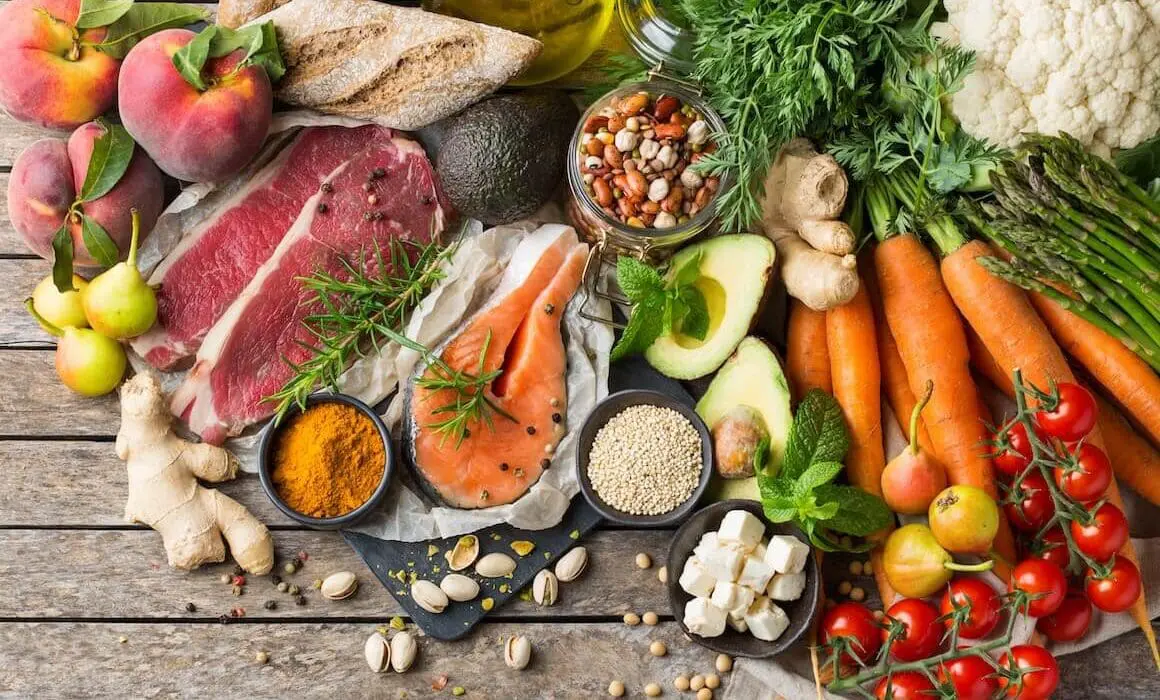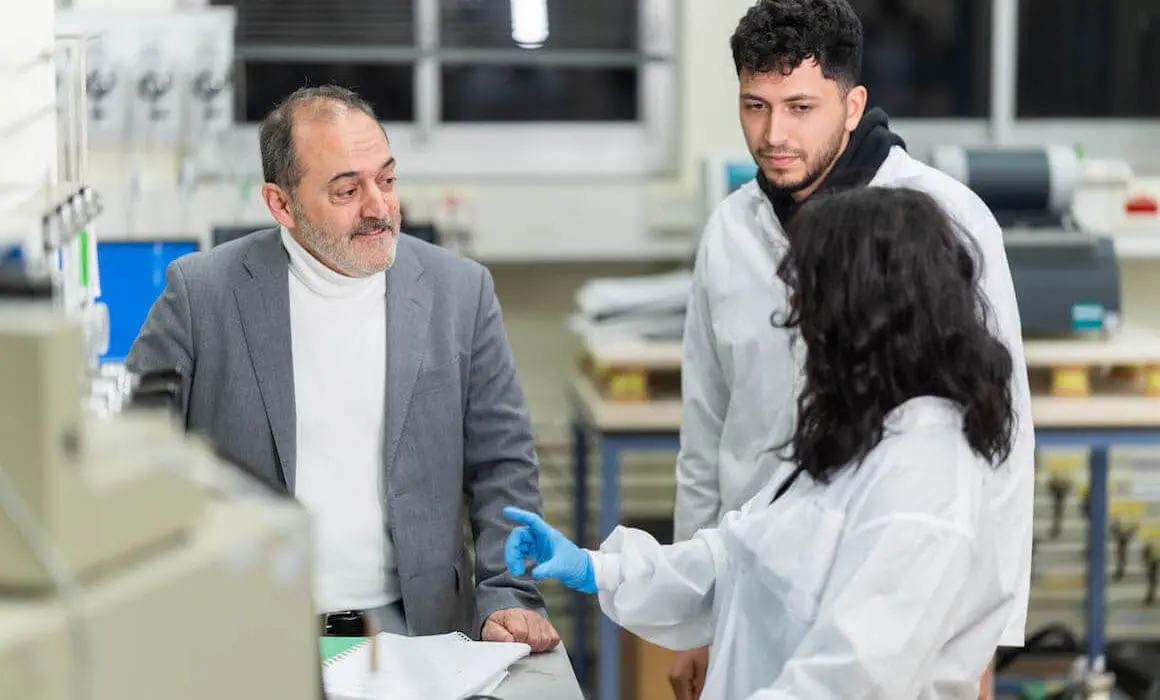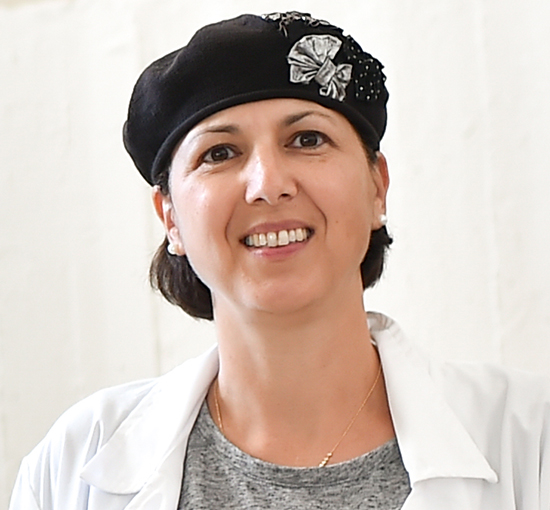Ensuring Israel’s Food Security

Following October 7, nearly 90% of Israel’s farms were impacted by the war and experienced a 35% drop in production due to the loss of farmworkers and fields damaged by missiles (MIGAL Galilee Research Institute, Nov. 11, 2023). For a desert country with highly managed water resources and a high birth rate, ensuring food security for current and future generations is especially critical. It’s a daunting task — and one the Technion is tackling head-on. Researchers, students, and alumni are already pioneering sustainable, nutritious food alternatives and preservation methods to combat waste, extend product shelf life, and pave the way toward a healthier planet.
Take meat, for instance: While the current meat and livestock industry meets the world’s protein needs, it is a major contributor to elevated greenhouse gas emissions and adverse climate effects. What if meat could be cultivated without animals? That’s exactly what Professor Shulamit Levenberg from the Faculty of Biomedical Engineering envisioned when she and her partners launched Aleph Farms. Based on her longtime research in tissue engineering, their novel technique involves 3D-bioprinting technology using a cow’s own cells to produce tasty and eco-friendly cultivated meat.
Professor Shulamit Levenberg
This past December, the Israel Ministry of Health issued regulatory approval for the company’s “Aleph Cuts,” making it the world’s first cultivated beef steak to receive such authorization. It’s also the world’s first green light for non-chicken cultivated meat. The company’s inaugural offering is comprised of non-modified, non-immortalized cells sourced from a premium Black Angus cow along with a plant protein matrix made of soy and wheat. It will soon be available to diners in Israel.
Food security also means finding ways to protect crops without harming the environment. Though Israel produces more than 3.5 million tons of fruits and vegetables each year (Organization for Economic Co-operation and Development), between 20% to 40% of crops are destroyed by pests and diseases (USDA National Institute of Food and Agriculture).
Standard synthetic fungicide treatments are highly toxic, with devastating impacts on soil, crops, wildlife, and humans. One completely new solution might just come from broccoli. Technion Professors Boaz Pokroy and Ester Segal are leading an international consortium working on SafeWax, a nontoxic, anti-adhesive, biodegradable crop spray inspired by the natural wax found on lotus and broccoli plants. It organically prevents disease-bearing pathogens, provides UV radiation filtering, and allows for water cultivation from condensation.
Technion faculty aren’t the only ones coming up with big ideas to feed the country. The University’s students are also passionate about developing sustainable alternatives. Each year, Technion teams compete in the Food Solutions competition funded by the European Institute of Innovation and Technology (EIT), where they consistently demonstrate excellence and garner top awards.
Algalafel
Last year, Technion teams placed first and second respectively for an instant, freeze-dried, vegan, tofu-based omelet and a vegan, gluten-free, low-sugar savory protein snack made from chickpeas and lentils with a cashew-based filling. A few years ago, another team of students won for their “Algalafel,” a high-protein blend of chickpeas and tahini enriched with super-abundant blue-green algae powder spirulina and a compound naturally found in certain algae and seafood. These solutions underscore the potential of processed foods to be nutritious and highlight how current processing methods can not only preserve but also enhance food’s nutritional value while extending its shelf life.
Though other pressing issues caused by global warming continue to impact food production, innovations like these can help fill the gaps. The solution to building a better, more sustainable future for Israel and the entire globe lies right here, with Technion scientific expertise and entrepreneurial problem solving.
Israel's Next Chapter: How Technion Science Will Help Israel Recover From War
As Israel rebuilds following the events of October 7 and the war with Hamas, water and food security and energy independence are of vital national interest. And as the State has looked to the Technion to meet new challenges in science and technology, the Technion will play a leading role in solving these pressing problems for a stronger, self-reliant Israel and a better world.

Energy Independence in a Changing World
More About
More Protecting Our Planet stories







